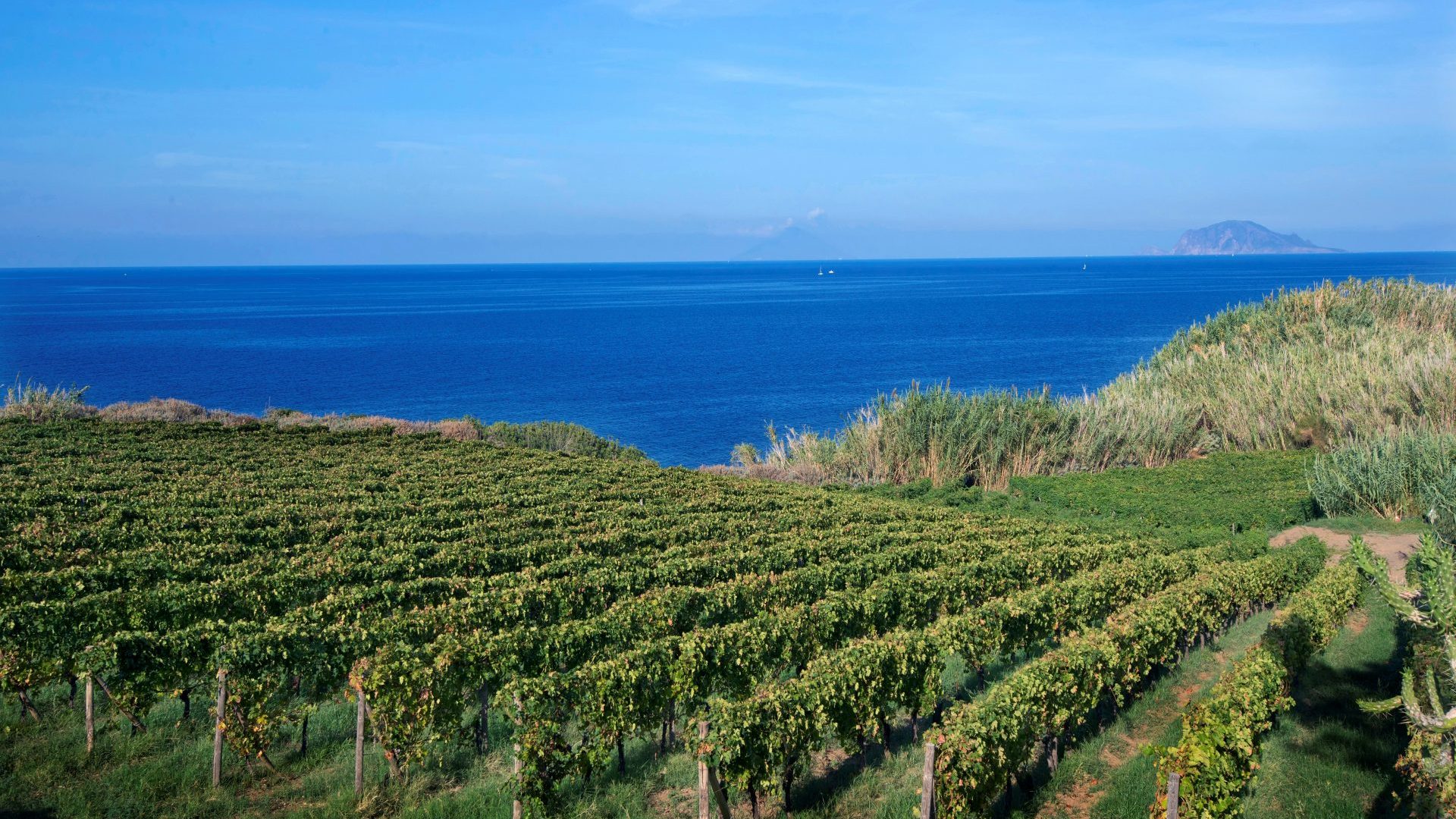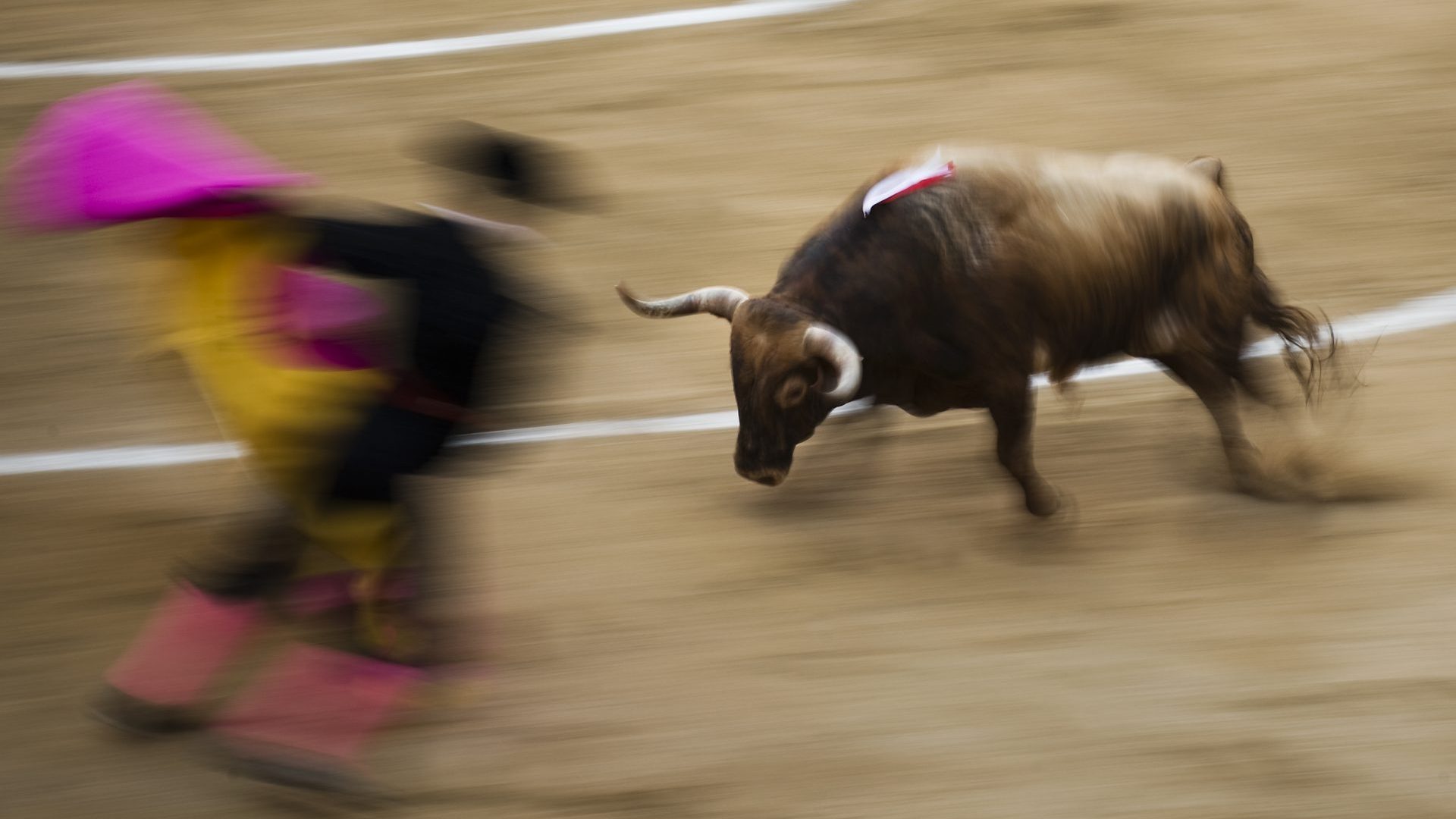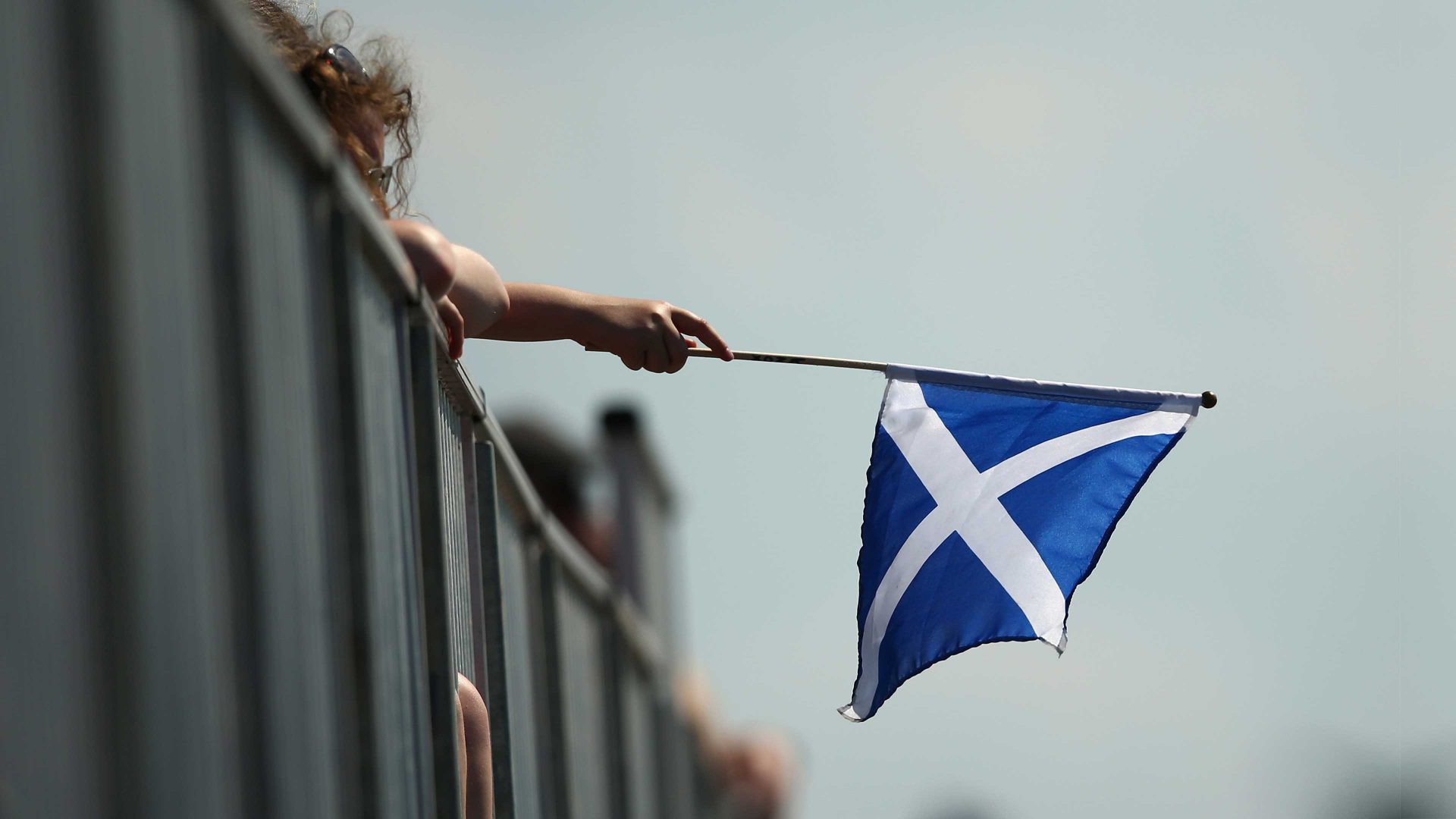I’m teetotal, but I recently discovered the sweet Malvasia white wine that is made on the stunning Sicilian island of Salina, so now I’m only half teetotal. I might have drunk a little too much.
Salina is the pearl of the Aeolian archipelago, the chain of islands that extends into the Tyrrhenian Sea from Sicily’s north coast. The locals told me that the island’s Malvasia business flourished in the 1800s, when the imperial British navy landed here, quickly developed a taste for the sweet wine, and began exporting it to the UK and beyond.
“The Brits fell in love with Malvasia, and got addicted to it in their spare time – but even while fighting they would regularly get drunk,” said Giovanni, a local Malvasia wine maker with a small vineyard, as he served me a huge glass.
Malvasia is amber-coloured and Sicilians call it “the Nectar of the Gods”.
It can be enjoyed as an aperitif before dinner, or a digestif afterwards, with sesame seed biscuits for dipping. Sicilians also use it in desserts, such as the ricotta-filled cannolo.
In recent years a new dry Malvasia has flourished, to be drunk as a regular wine, served cool. But don’t be fooled by the lower degree of sweetness in the dry Malvasia. It’s just as dangerous as the other one. While on Salina I had one glass too many – it knocked me flat.
The secret, and what makes it so aromatic, is that the grapes are left out for weeks, and as they become fully sun-drenched, the sugary flavours begin to ooze out.
As I strolled under the scorching sun, I took in the scenery. The island of Salina is dominated by the two extinct craters below which the fluorescent green landscape spreads out in a carpet of vineyards and salt pans.
The plantations are owned by local families who took over the production when the Brits left. In the 1880s a blight destroyed all the plantations, and it took decades for the vines to recover.
Giovanni, who’s also a local historian, explained that the British navy was stationed in Messina three centuries ago in support of the Bourbon kings of Naples, who were at war with Napoleon over supremacy in the Mediterranean.
“At some point, Admiral Horatio Nelson took over command of the navy and sailed the Sicilian seas,” said Giovanni. “It is said he too was a fan of Malvasia.”
The export business, set up by the British, changed the island.
“That made our fortune. For 15 years until 1815, while they fought against Napoleon’s navy in south Italy, the Englishmen introduced our wine to European lords and kings.”
Malvasia remains a money maker. In summer fishing boats take tourists on guided tours, and at sundown, the bottles of Malvasia come out.
By the time they’ve explored the abandoned fishing grottos at Pollara and seen the sleepy town of Malfa with its black stone beach, everyone on board is half-cut.
There are often Brits to be found among the tourists, perhaps drawn by the Nelsonian history. John, a sunburnt 23-year-old from Leeds, told me that his grandparents used to tell him stories about the marvels of Malvasia.
“A few of my ancestors started selling Malvasia across the UK in the early 1900s,” he said. “Each time I visit Salina I bring back as many bottles as possible.”
It was only noon when we met and his cheeks were already flushed with drink. Yes, he said, he has a soft spot for Malvasia. On the island he even has it for breakfast – a glass of wine and a cornetto.
Silvia Marchetti is a freelance journalist based in Rome




